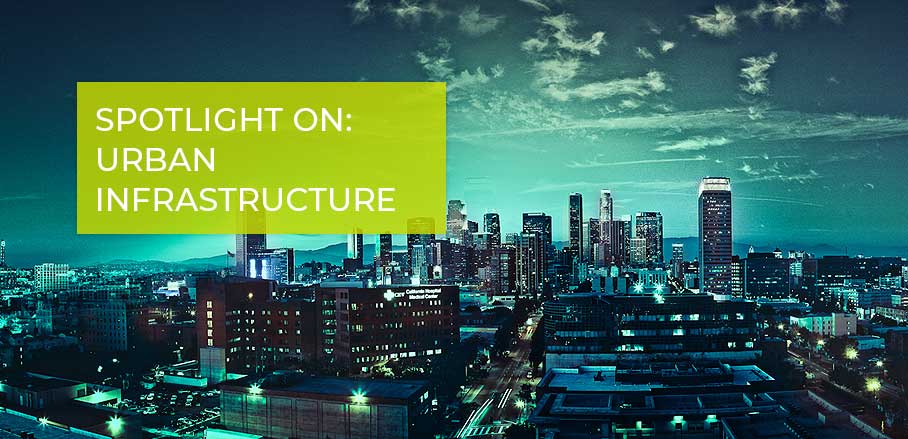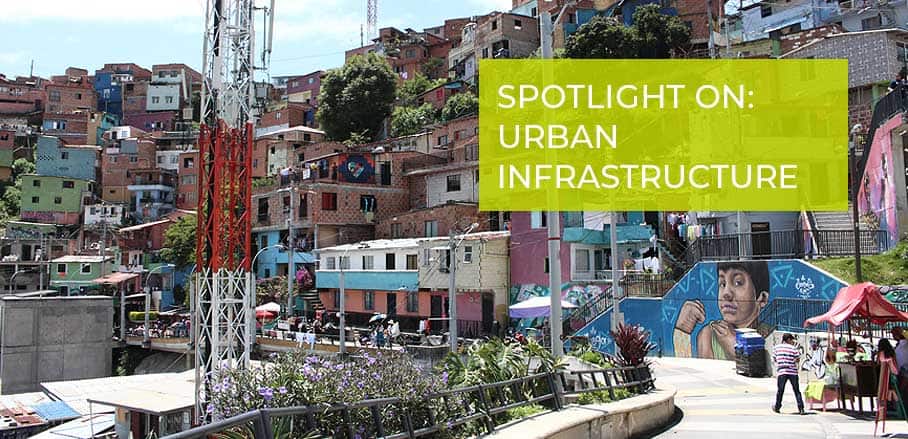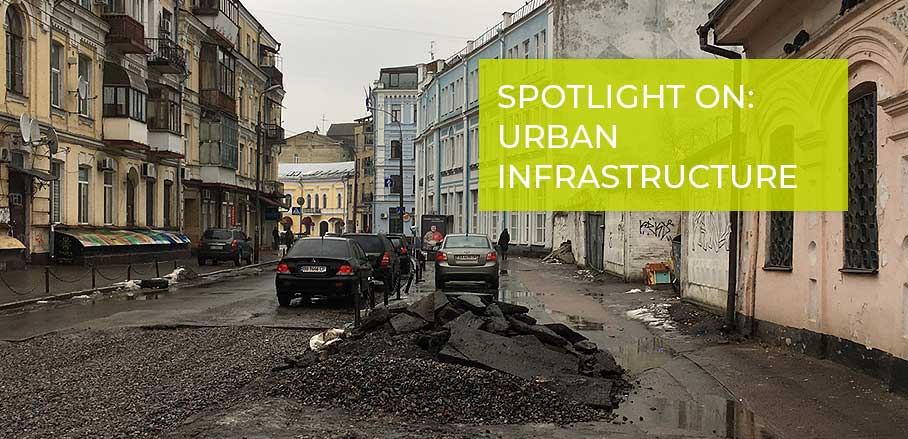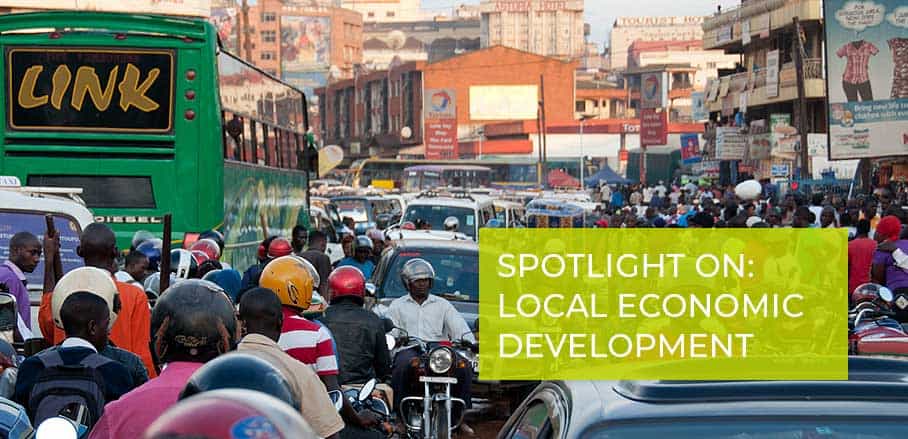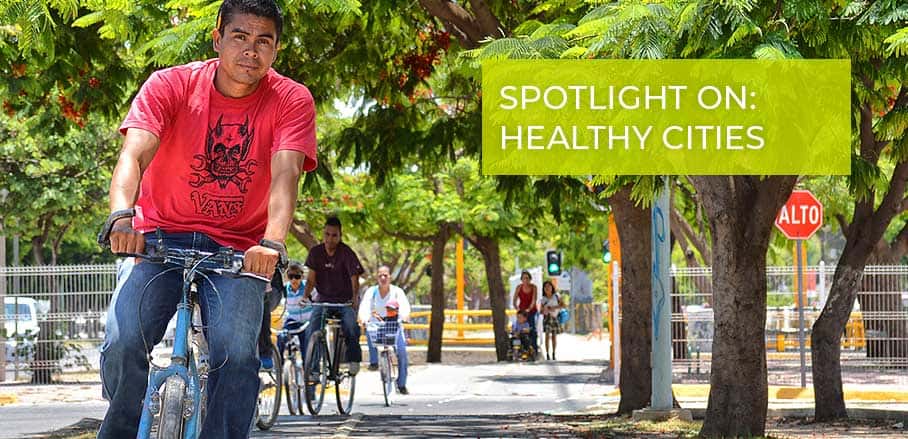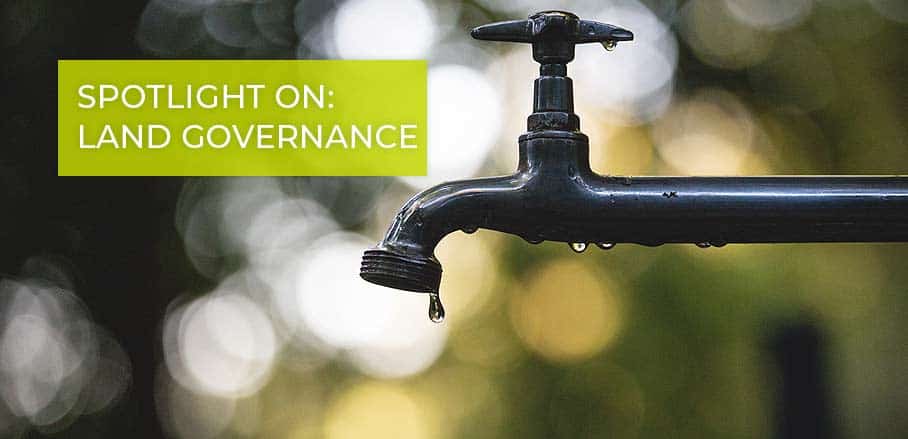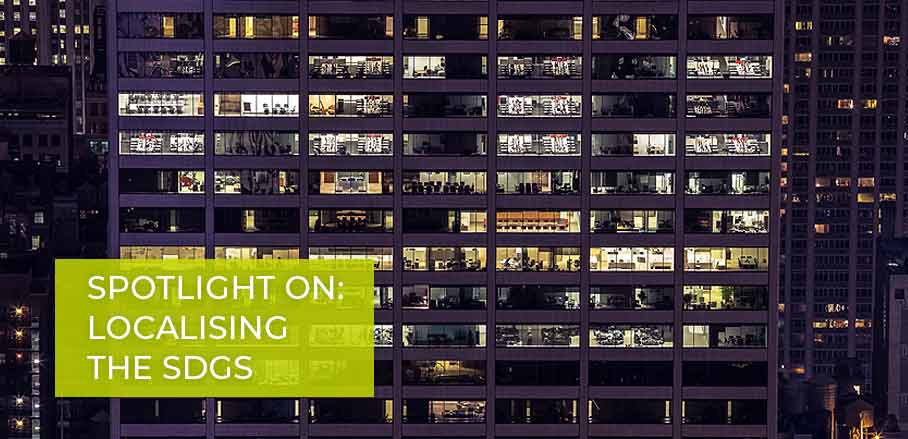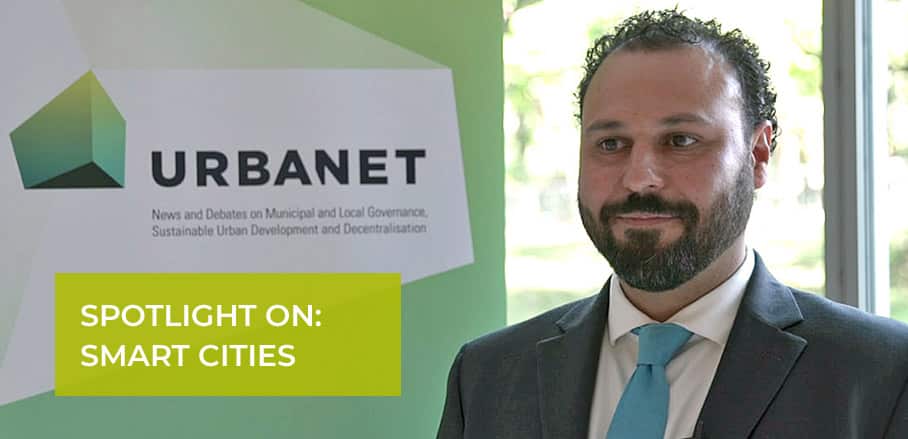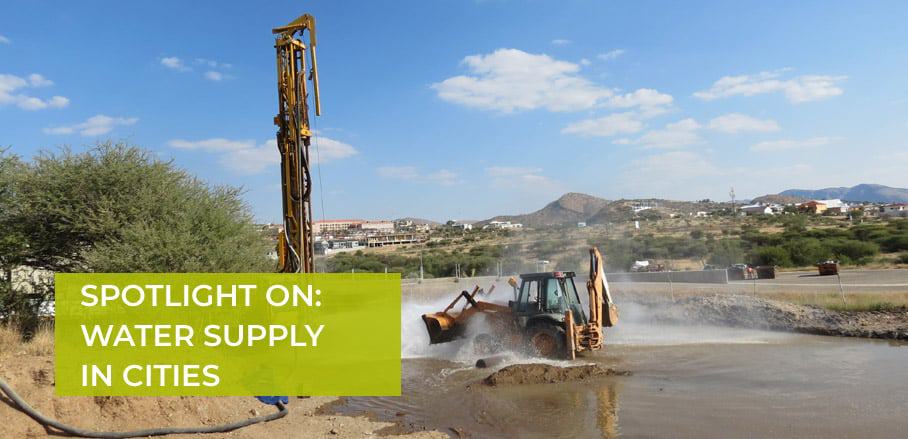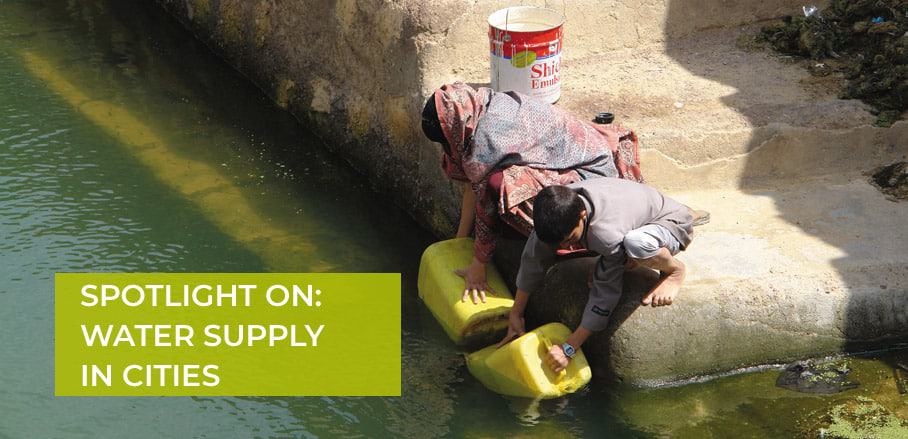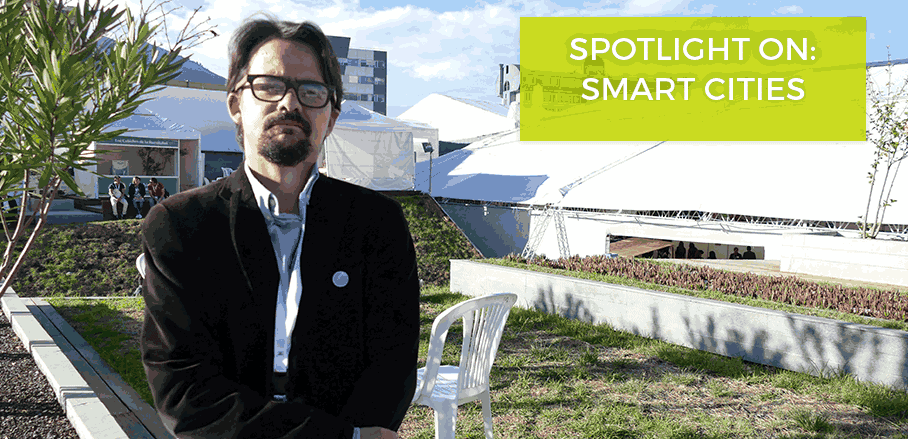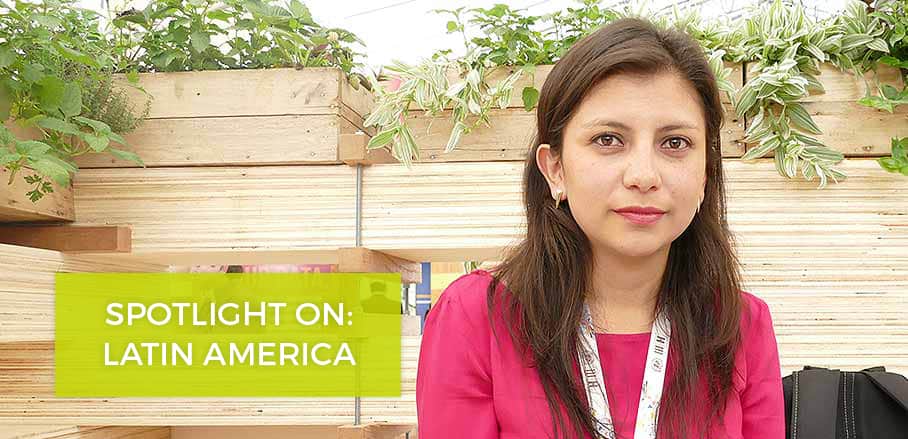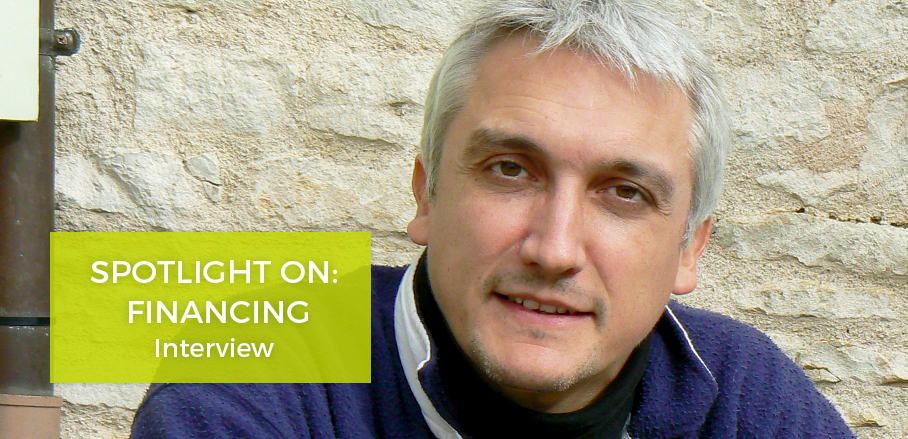Promoting Innovative Financing Solutions for Cities
About 75 per cent of the infrastructure that needs to be in place by 2050 does not exist today. Getting such an immense scale of infrastructure development right will be critical to whether or not the world locks into a high- or low-carbon growth path. The newly established City Finance Lab tries to contribute innovative, replicable and scalable solutions to reach this ambitious goal.
